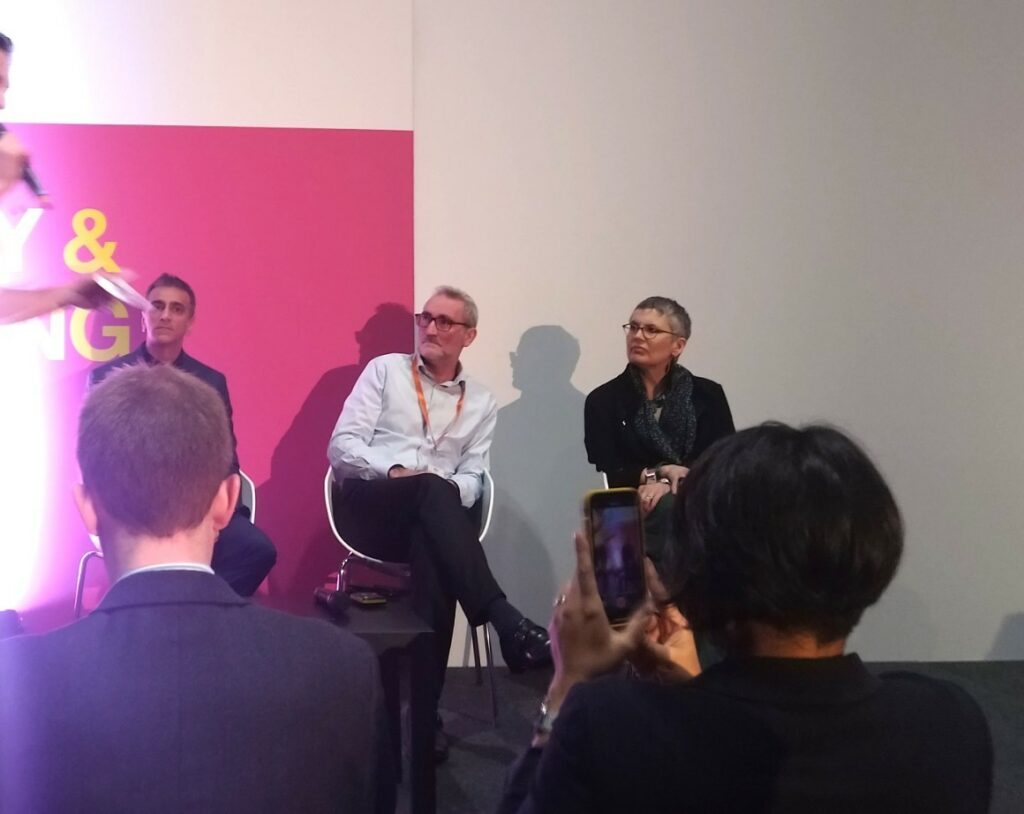BP’s VP of advanced mobility, Roy Willliamson, has blamed the speed of putting DNO infrastructure in place for slowing down the roll-out of ultra-fast chargers, whilst stressing the value of data in a digital economy.
Speaking at an industry event, Williamson said BP Chargemaster has rolled out “significantly less” of its ultra-fast chargers in the UK this year than planned.
This was not an issue of capital or appetite, Williamson said, “but because we couldn’t get the DNO infrastructure in place to make this stuff happen quickly enough”.
“We can sort out the above ground stuff, we can sort out the business model but you really need the infrastructure to be there.”
He also pointed to the costs which can occur when rolling out ultra-fast chargers in the UK pertaining to grid upgrades, with the variability of infrastructure costs in the UK being “huge” depending on if “you happen to be the person that tips the capacity over the edge”.
This is a challenge that has been cited by several in the industry, and emerged as one of the key themes of Current± publisher Solar Media’s Everything EV Live event in November 2019.
DNO Northern Powergrid (NPg) this month unveiled a new tool which it claims will “revolutionise” the process of connecting EV chargers to its network.
The tool provides green, amber and red signifiers of where the most cost-effective and viable connection locations are, with NPg lauding its ability to give users an indicative connection cost in minutes in comparison with the current average of ten days.
However, Williamson also today (11 February) spoke of the challenges surrounding data in the electrification of transport, particularly around balancing the need for open data versus business models that rely on leveraging data.
Openness of data within the wider energy industry alongside the EV industry has been a contentious point as of late. The Energy Data Taskforce recommended the opening up of energy-related data in its report published in June 2019.
This is a recommendation echoed by the Electric Vehicle Energy Taskforce, with one of the proposals in its report focusing on developing comprehensive data sharing arrangements, including standardisation, as well as open and interoperable exchange principles and mechanisms.
The Department for Transport has also confirmed it is looking into making information on all public charge points openly available in a standard format.
Whilst data is “critical” to the electrification of transport, Williamson said, “you have to look at how people are leveraging data in order to make their profit model work”.
“For some people, that will be a completely open system and leveraging data that is available to [everyone]. For some people, it will be that the quality of their business model and the service they’re giving their consumers is in the data. So just giving that data away makes no sense as all that investment you put in your model pays for somebody else.
“It’s really important to recognise in a digital economy that data is value,” Williamson said.





